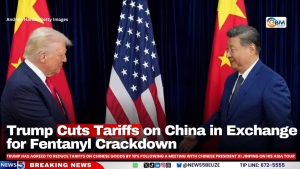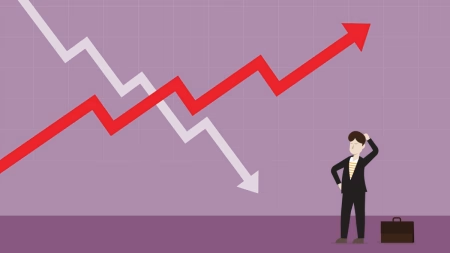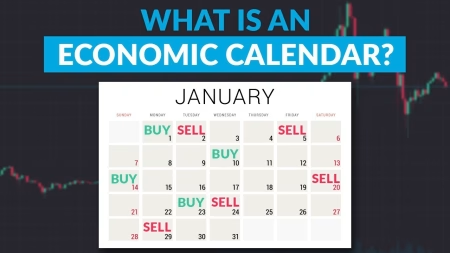Currency trading, also known as forex (foreign exchange) trading, is one of the largest financial markets in the world. Every day, trillions of dollars are exchanged as individuals, institutions, and governments trade global currencies. While the potential for profit is significant, so is the risk. This is why understanding practical and effective currency trading tips is essential for both beginners and experienced traders alike.
In this guide, we’ll explore top currency trading tips to help you navigate the forex market with greater confidence and precision.
1. Understand the Basics of Currency Trading
Before diving into trading strategies and technical analysis, it’s essential to have a strong grasp of how the forex market works. In forex trading, currencies are always traded in pairs—such as EUR/USD or GBP/JPY. The first currency in the pair is the base currency, and the second is the quote currency. Your goal is to speculate whether the base currency will strengthen or weaken against the quote currency.
Tip:
Start by learning key forex terminology such as pips, lots, margin, leverage, and spread. Familiarize yourself with how economic news and geopolitical events impact currency values.
2. Choose the Right Forex Broker
Your trading success largely depends on the platform and broker you choose. Not all forex brokers are created equal. A good broker should be well-regulated, offer competitive spreads, have a reliable trading platform (such as MetaTrader 4 or 5), and provide strong customer support.
Tip:
Check for regulation from authorities like the FCA (UK), NFA (USA), ASIC (Australia), or CySEC (Cyprus). This helps ensure your broker is compliant and trustworthy.
3. Develop a Solid Trading Plan
One of the most vital currency trading tips is to never trade without a plan. A trading plan outlines your financial goals, risk tolerance, entry and exit strategies, and the markets you wish to trade.
Tip:
Stick to your trading plan consistently. Emotional trading often leads to poor decisions. Having a plan helps you stay disciplined even during volatile market conditions.
4. Practice with a Demo Account
Most forex brokers offer demo accounts where you can practice trading with virtual funds. This allows you to test strategies, learn how the trading platform works, and gain confidence before risking real money.
Tip:
Treat demo trading like real trading. Focus on building consistent results in your demo account before going live.
5. Use Risk Management Strategies
Forex trading can be highly volatile. Without proper risk management, you could quickly deplete your trading capital. Common tools for risk management include stop-loss orders, take-profit orders, and limiting the amount you risk per trade.
Tip:
Never risk more than 1-2% of your trading account on a single trade. This way, a few losses won’t wipe out your entire capital.
6. Master Technical and Fundamental Analysis
To make informed decisions, you need to understand both technical analysis (reading charts, indicators, and price patterns) and fundamental analysis (studying economic indicators and geopolitical events).
Tip:
Use technical indicators like moving averages, RSI, and MACD for trend and momentum analysis. Follow major economic news—like interest rate decisions, employment reports, and GDP data—to understand market-moving events.
7. Keep Emotions in Check
Forex trading can be emotionally challenging. Fear and greed often lead to impulsive decisions that can hurt your profitability. Learning to manage your emotions is one of the most important currency trading tips.
Tip:
Don’t chase losses or overtrade after a winning streak. Maintain a trading journal to track your emotions and decisions, helping you identify psychological patterns that may be hurting your performance.
8. Start Small and Scale Gradually
Many new traders get excited and jump into trading large positions too soon. This often leads to significant losses. It’s smarter to start small and increase your position size gradually as you gain experience and confidence.
Tip:
Begin with micro-lots or mini-lots instead of standard lots. Focus on consistency and accuracy before increasing your trading size.
9. Stay Updated on Market News
Currency markets react quickly to news and announcements. Interest rate changes, inflation reports, and geopolitical developments can cause sharp price movements. Staying informed will help you anticipate and prepare for these changes.
Tip:
Use a reliable economic calendar and set up alerts for major economic events relevant to the currency pairs you trade.
10. Be Patient and Consistent
Success in currency trading doesn’t happen overnight. It takes time to understand the markets, develop strategies, and learn from mistakes. Patience and consistency are key traits of successful forex traders.
Tip:
Focus on long-term growth rather than short-term gains. Review your trades weekly to evaluate performance and make necessary adjustments to your strategy.
11. Leverage with Caution
Leverage allows you to control large positions with a small amount of capital. While this increases profit potential, it also amplifies losses. Many traders misuse leverage, leading to margin calls or blown accounts.
Tip:
Use low leverage (e.g., 10:1 or 20:1) when starting out. Higher leverage should only be used when you have a proven, consistently profitable strategy.
12. Diversify Your Trades
Don’t put all your eggs in one basket. While it may be tempting to focus solely on one currency pair, diversifying your trades can help reduce risk and improve your chances of consistent profitability.
Tip:
Trade a mix of major and minor currency pairs. Each pair behaves differently depending on global factors, giving you more opportunities to find setups that fit your strategy.
Final Thoughts
Currency trading can be a rewarding endeavor if approached with the right mindset, tools, and knowledge. While the forex market offers incredible potential, it’s not a get-rich-quick scheme. The key to long-term success lies in education, discipline, and sound risk management.
By following these currency trading tips, you’ll be better equipped to navigate the complexities of the forex market. Whether you’re a beginner or an intermediate trader, always strive to keep learning and refining your approach. Remember: in forex trading, patience and preparation are just as important as precision.
For more updates, visit https://tradingmarketsignals.com/








